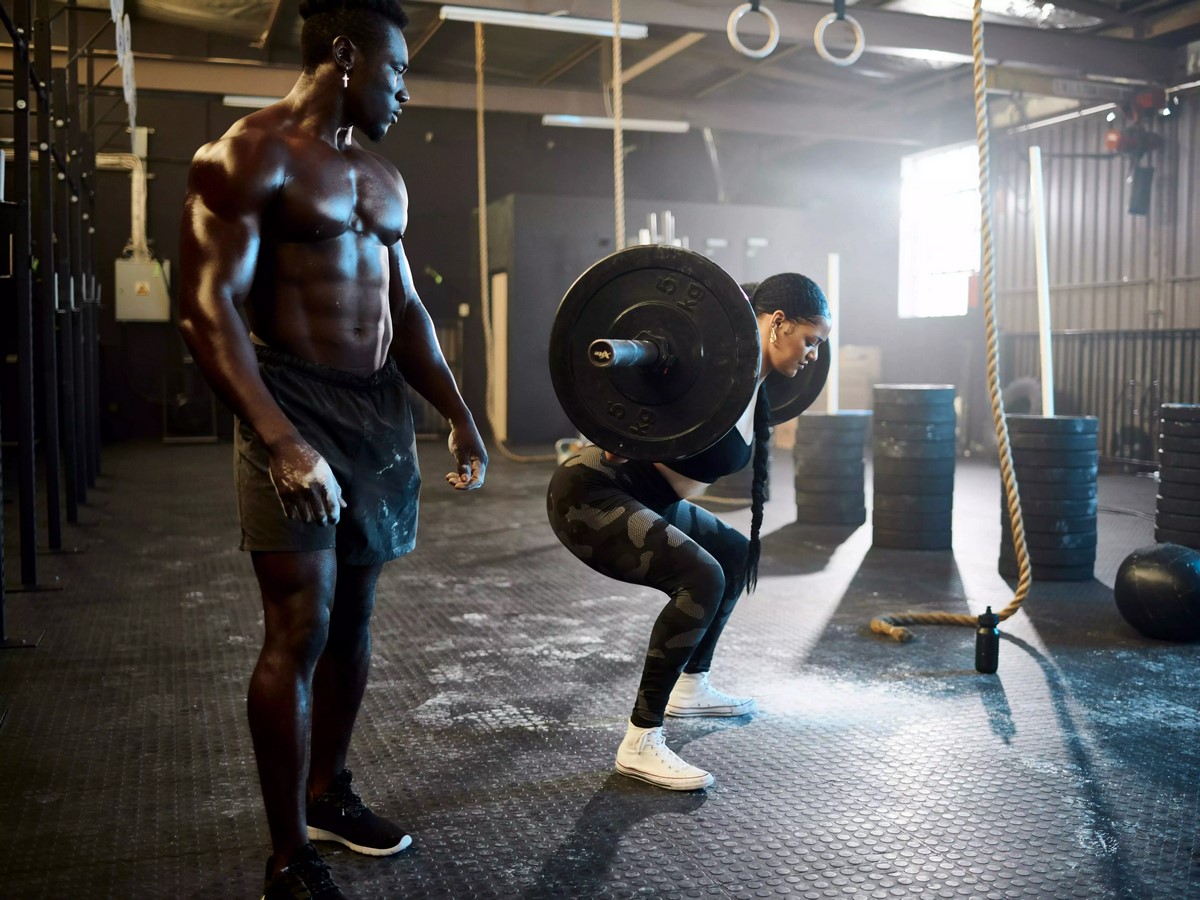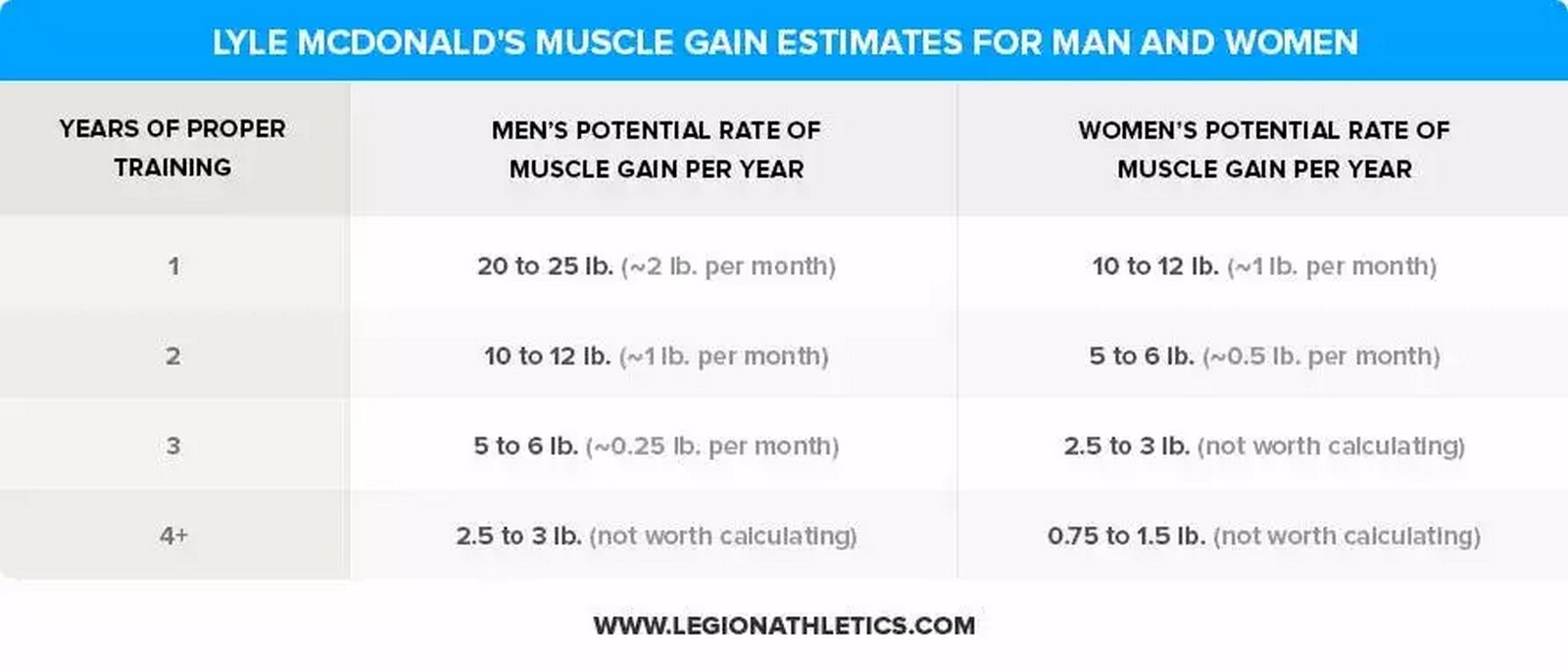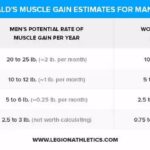Understanding Muscle Growth What Research Says

Muscle building is a multifaceted process influenced by various genetic factors, as explained by personal trainer and fitness author Mike Matthews. Your starting body size, hormone levels, and muscle fiber composition all play a role in determining the rate and extent of muscle growth.

Training and Nutrition: Key Factors
To maximize muscle growth, a combination of proper training and nutrition is essential. Heavy resistance training with progressive overload stimulates muscle growth, while consuming a calorie surplus with sufficient protein supports muscle repair and synthesis.
Muscle Growth Expectations
According to fitness researcher Lyle McDonald, individuals in their first year of consistent training can expect modest muscle gains. On average, women may gain around one pound of muscle per month, while men may gain up to two pounds. However, muscle growth tends to slow down over time.

Genetic Variability
Genetic factors such as testosterone levels and muscle fiber composition contribute to individual differences in muscle-building potential. Men typically have higher muscle-building capacities due to higher testosterone levels and larger starting body sizes. However, women can still achieve significant muscle growth with proper training and nutrition.
Muscle-Building Potential
Research suggests that men can gain between 35 to 45 pounds of muscle over their lifetime, while women may gain up to 20 to 25 pounds. Wrist or ankle circumference can serve as indicators of muscle-building potential, with larger measurements suggesting greater potential for muscle growth.
Rate of Muscle Growth
The rate of muscle growth varies among individuals and tends to decrease over time. Consistent training and proper nutrition are crucial for sustained muscle gains. While some individuals may experience rapid progress initially, the rate of growth typically slows down over the course of a fitness journey.
Addressing Myths
The notion of being a “hard gainer” is often a misconception. While some individuals may progress more slowly than others, virtually everyone has the capacity to build muscle with proper training and nutrition. Challenges in muscle building are often linked to factors such as inadequate calorie intake and high levels of physical activity outside the gym.
Final Thoughts
While genetic factors influence athletic performance and muscle-building potential, most individuals can achieve their fitness goals with dedication to proper training and nutrition. Ultimately, the focus should be on feeling healthy, fit, and confident, rather than worrying about genetic predispositions to muscle growth.


















